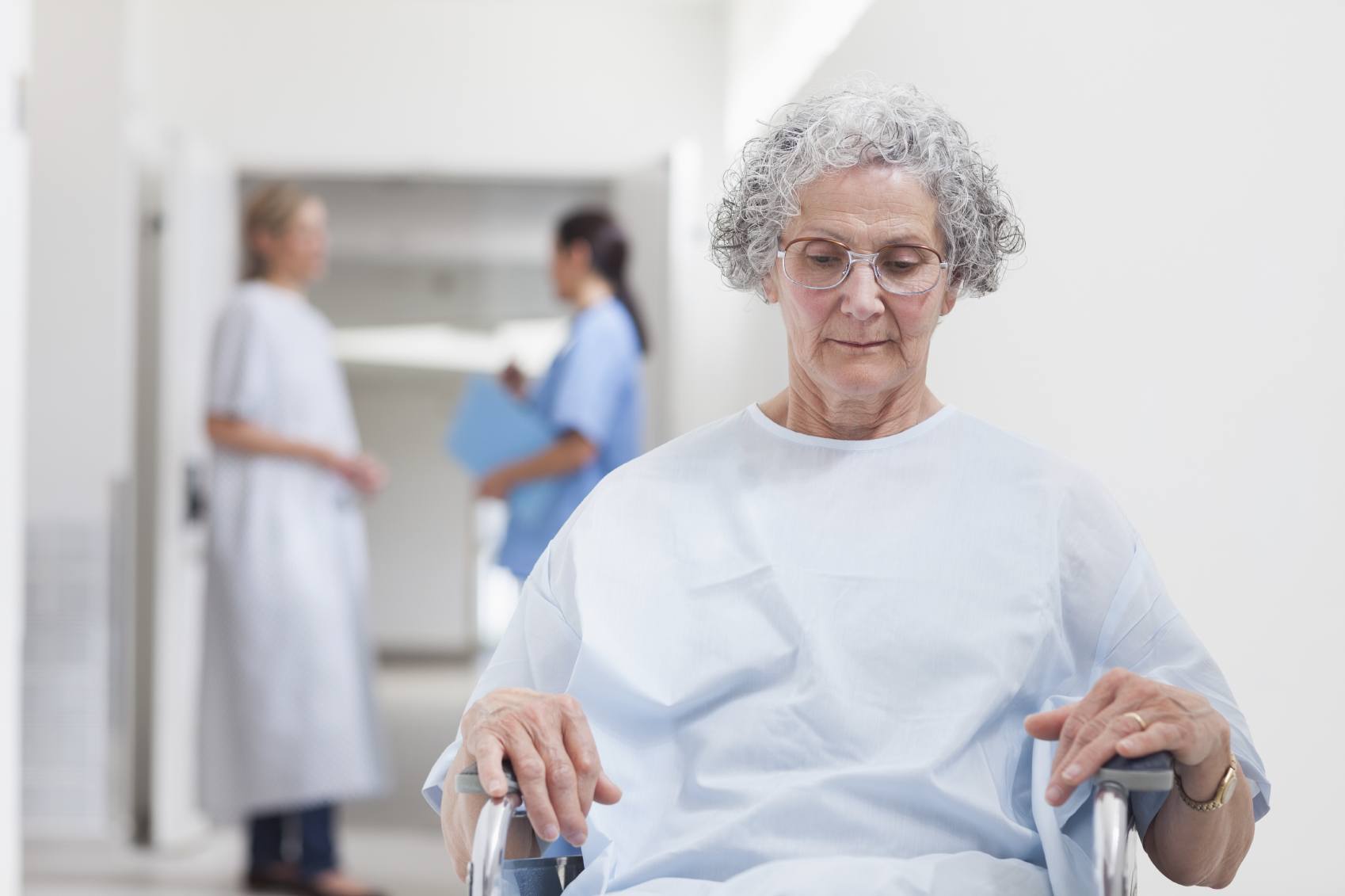A major study has found that female, older or single cancer sufferers are more likely to be diagnosed at a later stage, when the cancer is harder to treat.
Researchers from Leeds University said that older people may be at greater risk of late diagnosis as they are more likely to live alone, like those who are divorced, widowed or unmarried, with no-one else to pick up on their symptoms. Older people are also more likely to suffer from other health problems, which could make diagnosis difficult.
Females meanwhile are believed to be more at risk because were more likely to encourage their partner to visit their GP, but not act on their own concerns.
Cancer Research UK examined 22 studies featuring 687,000 cases of bowel and lung cancer, finding that in more than 200,000 cases patients were only diagnosed with cancer after being presented as an emergency in hospital.
Lead review author Dr Liz Mitchell, senior research fellow at the Leeds Institute of Health Sciences said: “It may be that some patients don’t go to their GP about early cancer symptoms – especially if they live alone – or they become ill very quickly, leading to an emergency diagnosis in hospital. But our review shows that other factors such as a person’s age and gender might also have an influence.”
Sara Hiom, director of early diagnosis at Cancer Research UK said: “We need a better understanding of why some people are having their cancer diagnosis made via an emergency admission. This is important because we know that their survival chances are lower if people are diagnosed this way.”
